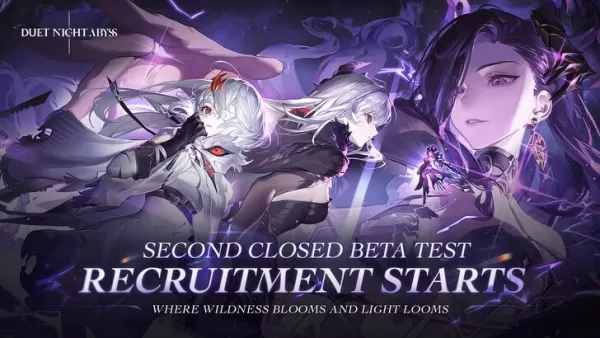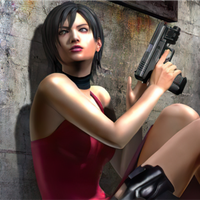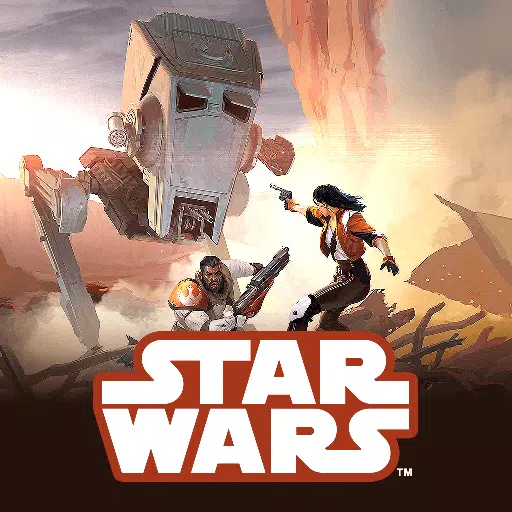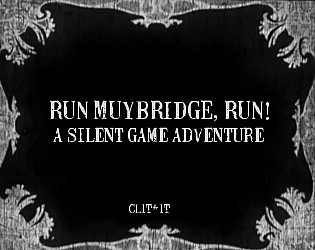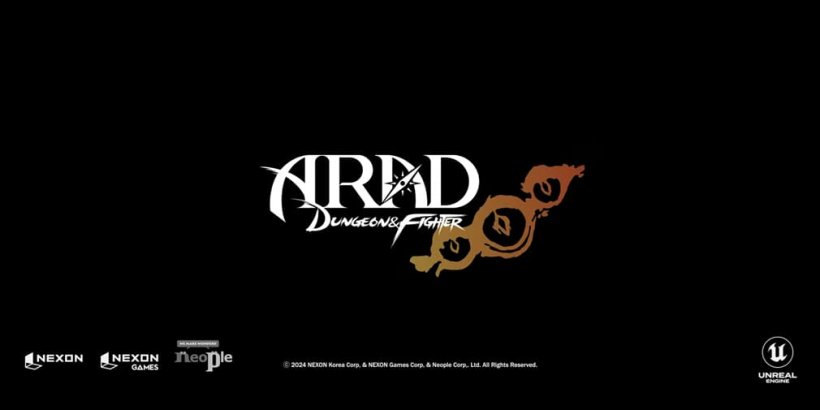Metal Gear Pioneered a Storytelling Concept in Stealth Games
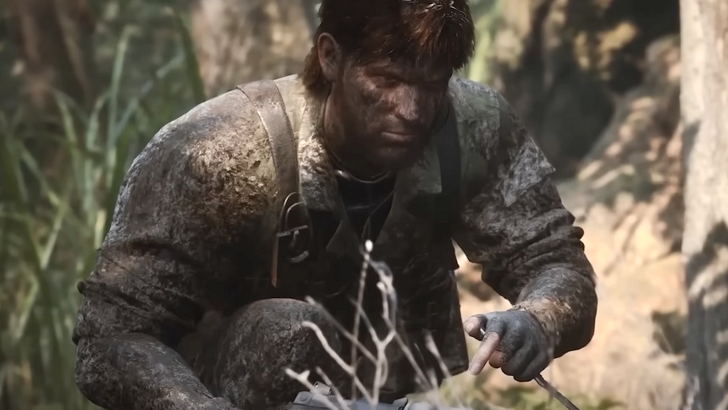 Metal Gear's 37th anniversary prompted creator Hideo Kojima to reflect on the game's legacy and the evolving gaming landscape. His social media posts highlighted a key innovation: the in-game radio transceiver.
Metal Gear's 37th anniversary prompted creator Hideo Kojima to reflect on the game's legacy and the evolving gaming landscape. His social media posts highlighted a key innovation: the in-game radio transceiver.
Hideo Kojima Celebrates Metal Gear's 37th Anniversary, Underscoring its Pioneering Storytelling
The Radio Transceiver: A Groundbreaking Storytelling Tool
Metal Gear, released in 1987, wasn't just about stealth; its radio transceiver was a revolutionary storytelling element. Kojima emphasized its role in conveying crucial information – boss identities, betrayals, character deaths – dynamically, enriching the player experience. This feature also served to guide players, explaining gameplay mechanics and rules.
Kojima's tweets highlighted the transceiver's impact on narrative immersion. Unlike events happening off-screen, the transceiver kept players connected to the unfolding story, even when they weren't directly involved. This real-time interaction, a rarity for its time, foreshadowed modern game design. He proudly noted the lasting influence of this "gimmick," pointing out its prevalence in many contemporary shooter games.
Kojima's Continued Creative Journey: OD, Death Stranding 2, and Beyond
Kojima, at 60, addressed the challenges of aging while emphasizing the value of accumulated knowledge and experience. He believes this wisdom enhances foresight and improves the "accuracy of creation" throughout the game development lifecycle.
 Known for his cinematic storytelling, Kojima continues to push boundaries. Beyond cameos with actors like Timothée Chalamet and Hunter Schafer, he's actively involved in projects like OD with Jordan Peele, and the upcoming Death Stranding 2, soon to be adapted into a live-action film by A24.
Known for his cinematic storytelling, Kojima continues to push boundaries. Beyond cameos with actors like Timothée Chalamet and Hunter Schafer, he's actively involved in projects like OD with Jordan Peele, and the upcoming Death Stranding 2, soon to be adapted into a live-action film by A24.
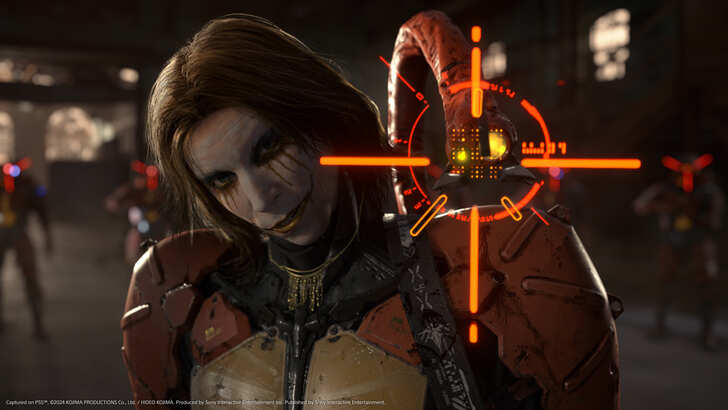 Looking ahead, Kojima expresses optimism about the future of game development, confident that evolving technology will unlock unprecedented creative possibilities. He believes his passion for creation, combined with technological advancements, will ensure his continued success.
Looking ahead, Kojima expresses optimism about the future of game development, confident that evolving technology will unlock unprecedented creative possibilities. He believes his passion for creation, combined with technological advancements, will ensure his continued success.
-
Black Myth: Wukong, the action RPG based on the classic Chinese novel Journey to the West, is set to launch on Xbox Series X/S on August 20, 2025. This release comes exactly one year after the game debuted on PS5 and PC.Xbox announced the news on TwiAuthor : Benjamin Nov 22,2025
-
Duet Night Abyss Final Closed Beta Registration Now OpenThe highly anticipated final closed beta test for Duet Night Abyss has officially begun! Discover how to register and what exciting new features await – including exclusive Game8 testing slots!5Author : Jacob Nov 22,2025
- Stardew Valley: How To Befriend Willy
- DISCOVERY CHANNEL TO UNVEIL CROSSOVER IN 'Reverse: 1999' 2.0
- Crunchyroll Game Vault adds Battle Chasers: Nightwar, Dawn of the Monsters, Evan’s Remains and more
- Hotta Studio's Open-World RPG, Neverness to Everness, Announced
- Military Strategy Game Warpath Launches a Navy Update with 100 New Ships
- Golden Joystick Awards 2024 Was a Big Showing for Indie Games

